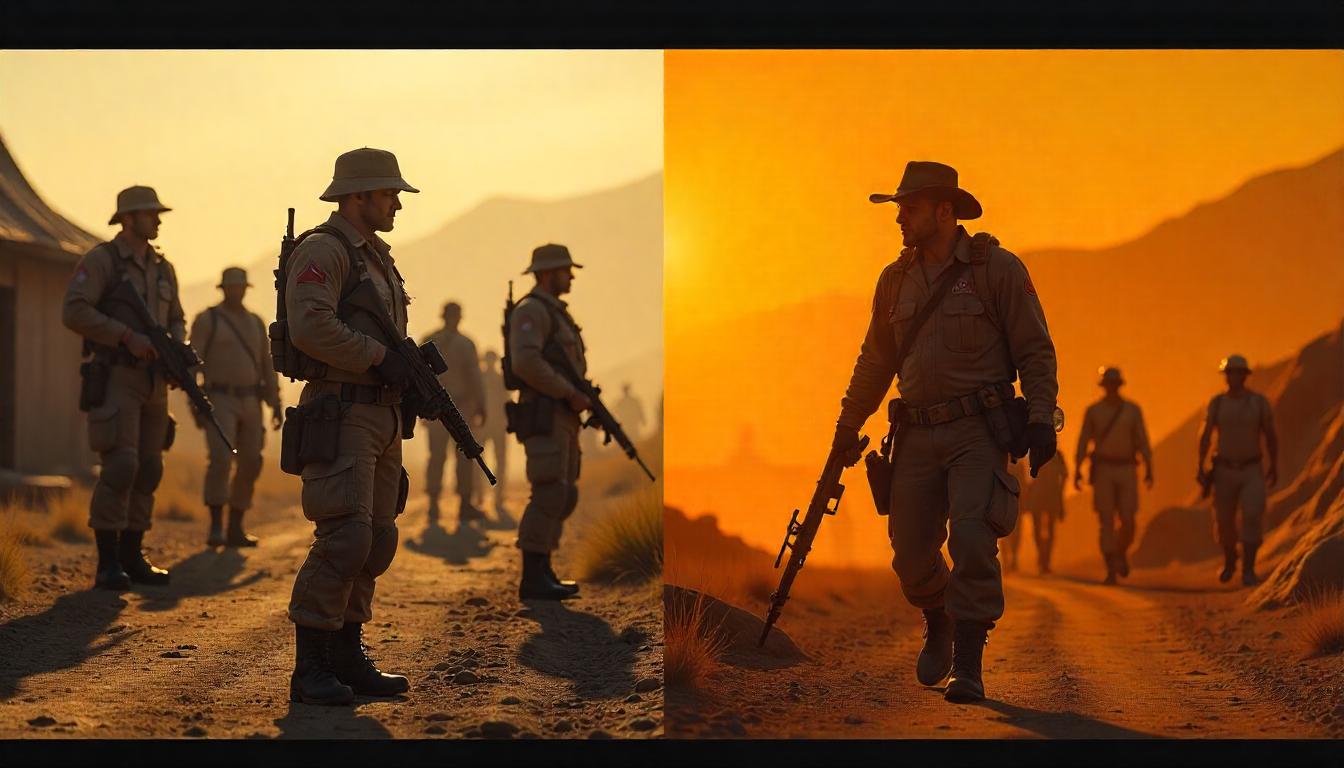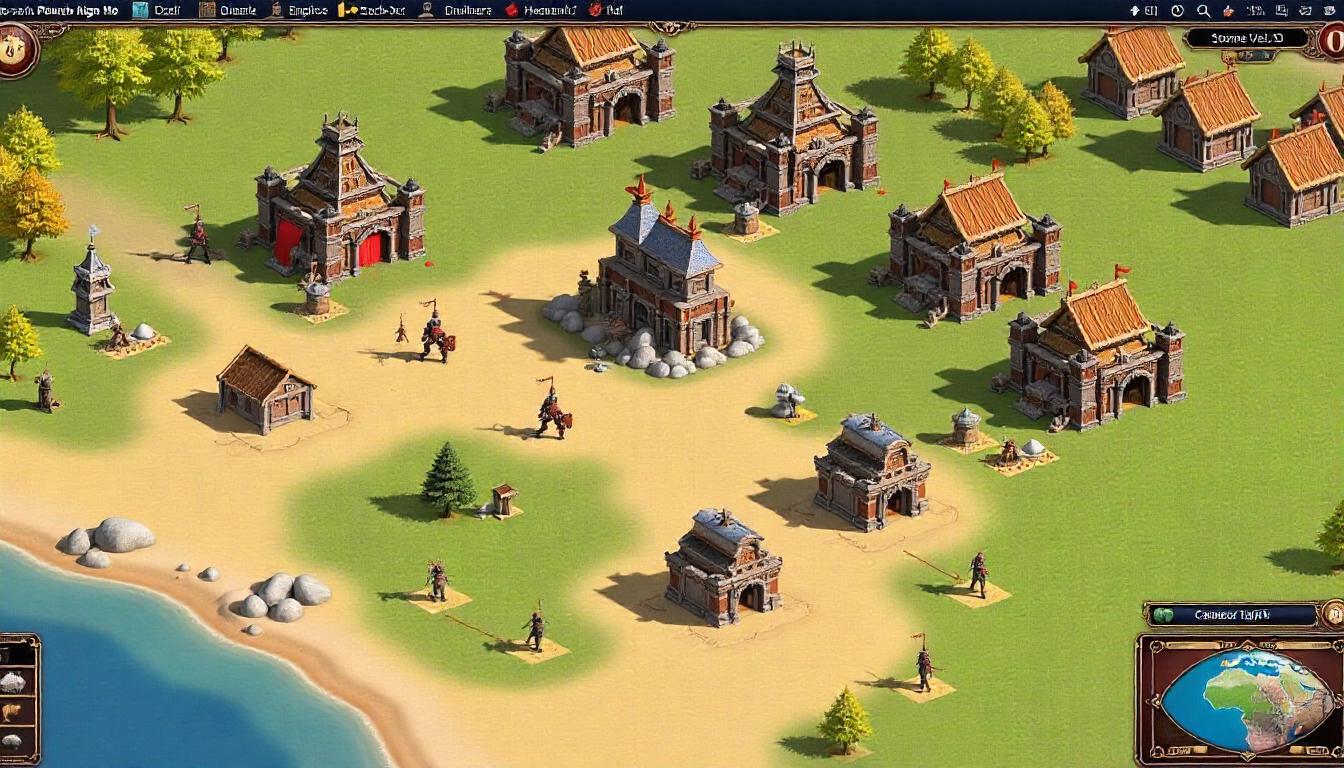The world of Fallout has always been defined by its post-apocalyptic setting, where survival is the key theme and humanity’s moral compass is left dangling in the wind. But as vast as this world is, the real core of the Fallout series lies in its storytelling. From character depth to player choice and world-building, Fallout offers a narrative experience that is both rich and complex, giving players the power to define their own path in a harsh, desolate world. However, when comparing the two most prominent entries—Fallout 4 and Fallout: New Vegas—it’s evident that each game approaches storytelling with its own unique spin. This analysis takes a deep dive into the narrative strengths and weaknesses of both titles, focusing on character depth, player choice, and world-building, ultimately determining which game crafts the better story.
Character Depth: The Heart of the Narrative
One of the most integral components of any RPG is its characters, and both Fallout 4 and Fallout: New Vegas provide players with a cast that is anything but forgettable. However, the depth and the way these characters shape the narrative experience vary significantly between the two games.
In Fallout 4, the protagonist—known as the Sole Survivor—is arguably the most pronounced character, with a defined backstory that ties directly into the central plot. The player’s journey begins with the devastation of the nuclear apocalypse and the loss of their family, which sets the tone for the rest of the narrative. The player’s emotional drive revolves around the search for their son, Shaun, which creates an intense personal investment. But while the stakes are high, the characters around the Sole Survivor—whether companions or factions—lack the same layers of complexity. Many of the companions, like Piper, Preston Garvey, and Cait, while charming and diverse, ultimately feel more like placeholders than characters that challenge or expand the player’s worldview. Their stories often feel like side quests in contrast to the broader narrative, and their character arcs rarely take unexpected turns.
In comparison, Fallout: New Vegas delivers characters that feel far more integrated into the world. The game’s protagonist, the Courier, is a blank slate, leaving ample room for the player to project their own personality onto the character. This flexibility allows the story to bend and shift in unexpected directions, especially considering the diversity of factions and characters that populate the world of the Mojave Wasteland. Key figures like Benny, the enigmatic leader of the Chairmen, and Yes Man, a humorous yet deeply philosophical AI, are standout characters whose motivations and arcs tie directly into the player’s decisions. Even the companions, such as Boone, Veronica, and Arcade, feel far more fleshed out. Boone’s backstory of loss and revenge, for example, offers a profound emotional resonance, while Veronica’s struggle with loyalty to the Brotherhood of Steel is a nuanced commentary on factionalism and personal belief.
While Fallout 4 excels in creating a protagonist with a rich backstory, Fallout: New Vegas stands out for offering a wider array of compelling, deeply written characters that feel integral to the game’s overarching narrative. The dialogues are more dynamic, and the relationships the Courier forms with various factions reflect the moral ambiguities and philosophical conflicts that underpin the world of New Vegas. The game, therefore, delivers an experience where every decision made can significantly alter how characters perceive the Courier, which in turn impacts the narrative.
Player Choice: Shaping the Wasteland
Both Fallout 4 and Fallout: New Vegas put significant emphasis on player choice, but the way these choices manifest in the narrative is where the two games diverge. Fallout 4 offers a variety of decisions, from dialogue options to faction alliances, but often feels more scripted. The game’s main story—centered around finding Shaun—offers several choices, but the plot itself tends to follow a relatively linear path, with the decisions largely focused on which faction the player supports. The railroad, the Brotherhood of Steel, and the Institute are all potential allegiances, but these choices often don’t carry the same weight or complexity as those in New Vegas.
Fallout: New Vegas, on the other hand, is built around the concept of a moral grey area where factions are deeply ideological and their motives are often ambiguous. The game’s central choice—whether to support the New California Republic, Caesar’s Legion, or the independent New Vegas—feels like a momentous decision that carries significant consequences for the Mojave Wasteland. Each faction has its own compelling narrative, and the consequences of aligning with any of them are deeply intertwined with the choices the player makes throughout the game. The freedom to shape the world according to personal beliefs, combined with the morally complex characters and factions, results in a far more immersive narrative.
The core difference here is that while Fallout 4 offers a variety of outcomes, it doesn’t allow the same depth of philosophical exploration. In New Vegas, every faction represents a distinct ideology, and the player’s decisions not only change the world but also force them to confront their own moral beliefs. Should the Courier align with the ruthless Caesar’s Legion, or stand with the idealistic NCR, or forge a path of independence for New Vegas? The game’s narrative feels alive, constantly shifting based on the choices the player makes. Fallout 4 feels more like a game with multiple branching paths leading to a predetermined conclusion, making the player’s choices feel less significant in the grand narrative.
World-Building: The Wasteland as a Character
World-building is another crucial element in storytelling, and both games craft deeply immersive post-apocalyptic landscapes, but they do so in different ways. Fallout 4 is set in the Commonwealth, a richly detailed region that’s both expansive and visually stunning. The world is packed with history, from the remains of Boston to the varied landscapes that stretch out from it. The Commonwealth feels like a fractured, yet hopeful world—a place where humanity’s resilience shines through despite its desolation.
However, the Commonwealth feels more like a backdrop for the player’s story than a fully realized entity in itself. Though the world is filled with history and hidden stories, the game doesn’t offer the same level of immersion as New Vegas. In Fallout: New Vegas, the Mojave Wasteland is a place where every town, every ruin, and every NPC feels tied into the larger narrative. From the towering Hoover Dam to the enigmatic Securitron-controlled New Vegas Strip, the Mojave is a character in its own right. The environmental storytelling is far more intricate, with every location telling its own story and contributing to the overarching narrative.
The key difference here is that Fallout 4 often feels like a playground for the player to explore, whereas Fallout: New Vegas feels like a world that exists beyond the player’s influence—one that reacts to their choices and evolves as the story unfolds.
Conclusion: Which Tells the Better Tale?
When comparing the storytelling in Fallout 4 and Fallout: New Vegas, the latter emerges as the stronger narrative experience. Fallout 4 excels at creating a protagonist with emotional stakes and a well-designed world, but its character depth, player choice, and world-building are constrained by its more linear approach. On the other hand, Fallout: New Vegas offers a far more intricate and immersive narrative. Its characters are complex, its choices have lasting consequences, and its world feels alive, constantly changing based on the player’s decisions.
Ultimately, Fallout: New Vegas is the superior storytelling experience. Its philosophical depth, moral complexity, and emphasis on player agency make it a truly immersive RPG that challenges players to think about their choices in ways that Fallout 4 simply doesn’t. It’s a game that tells a story—not just through its main plot, but through the very fabric of its world and the characters that inhabit it.
4o mini





Leave a Reply